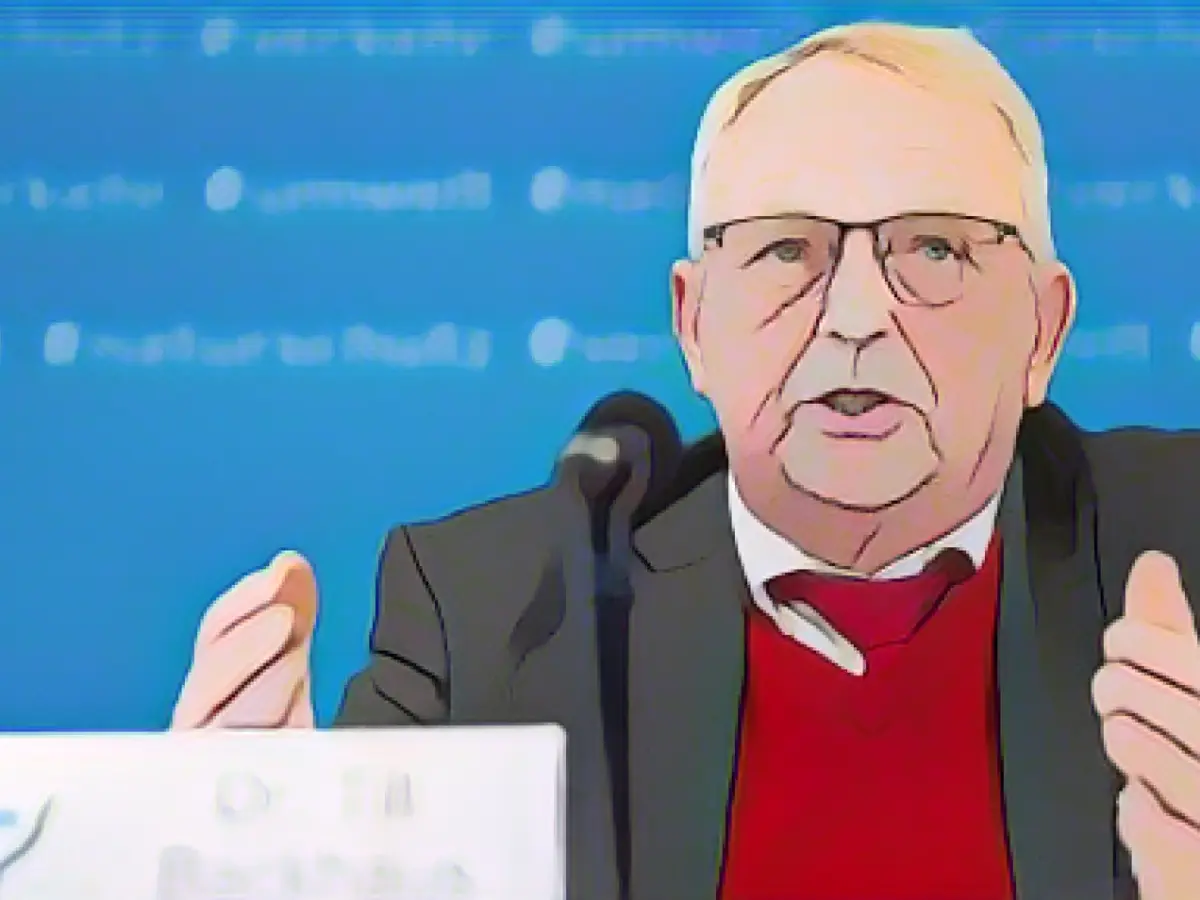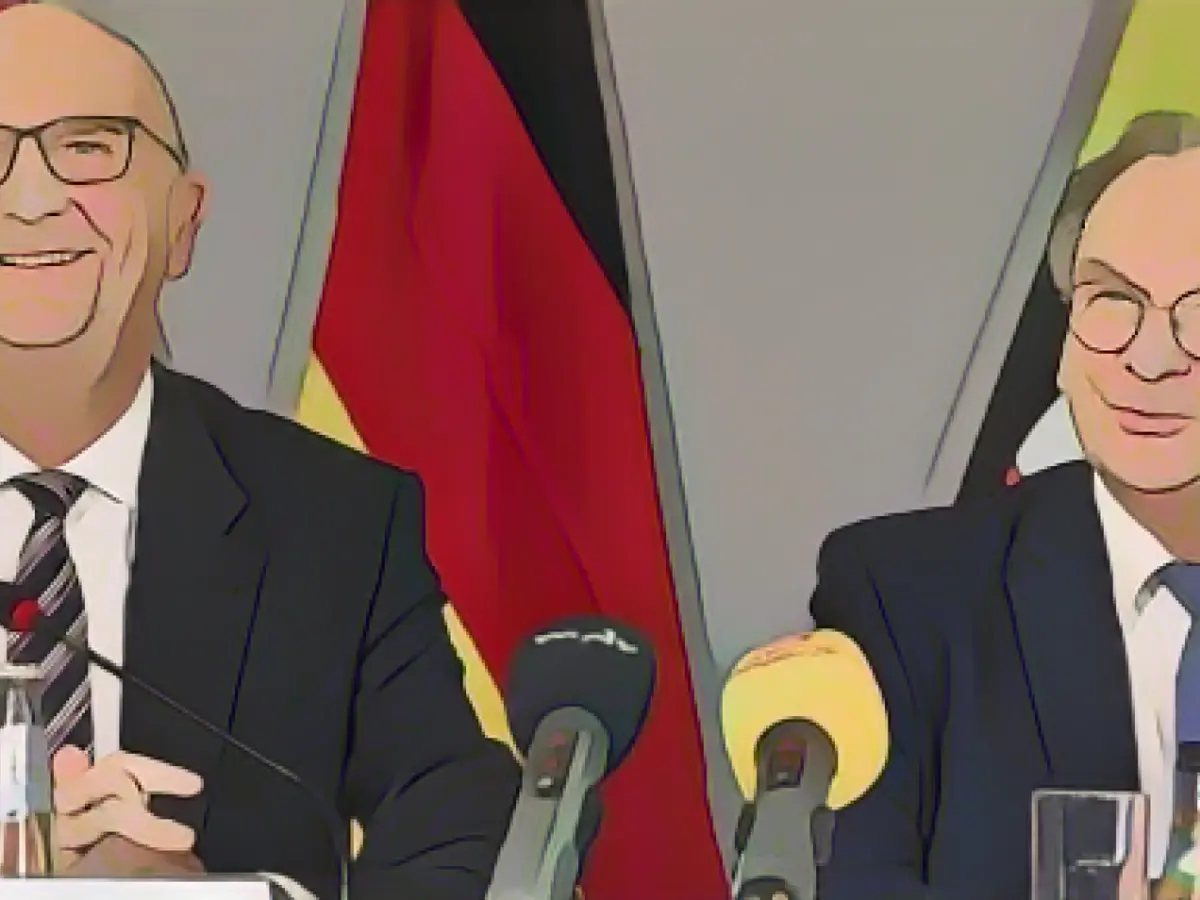The trade unions are intensifying their efforts during the collective bargaining process in the public sector across German federal states. On Monday, the Verband Bildung und Erziehung (VBE) is urging employees from the teaching and social sectors to join a rally in Dortmund (10:00 am). Following a failed second round of negotiations on Friday, the VBE also called on social education specialists in the school sector to stage a warning strike, withholding attendance at schools at the week's beginning and instead participating in the rally. Initial estimations indicate around 200 attendees would turn out. According to a VBE spokesperson, they intend to amplify their demands on the streets with fervor.
The unions are seeking a 10.5% income boost and an additional 500 euros. In Dortmund, VBE state leader Stefan Behlau and federal vice chairman Rita Mölders are among the announced speakers. The wage dispute reportedly covers the salaries of approximately 1.1 million workers spread across Germany; over 1.4 million civil servants, whose status is often dependent on the result of these negotiations, would be affected as well. Negotiations for the public service sector tariffs are being addressed by the federal states, as the unions push for a minimum 500 euro increment.
The VBE, despite a lack of progress in the second round of negotiations, has announced the rally in Dortmund to emphasize their demands. This demonstration will involve public service employees hailing from various federal states, showcasing their collective voice.
Key points to consider:
- Union demands: Various unions, including VBE, are advocating for significant income increases and improvements in working conditions. The exact demands may vary depending on the union and the employer group involved.
- Strike actions: Unions may take strike actions in response to the lack of progress in the negotiations, as evidenced by Verdi's ongoing strike at Deutsche Post. These actions aim to exert pressure on employers and induce equitable wage adjustments.
- Political context: The upcoming federal election is impacting the collective bargaining process, with shifts toward the right potentially leading to tighter austerity measures and social attacks. Union leadership may be under pressure to avoid major strikes during the election campaign, which could complicate their bargaining positions.
- Employee impact: The outcome of these negotiations will significantly affect the financial well-being of over 1.1 million public sector employees. A substantial income increase can improve their purchasing power and living standards, whereas a lower or no increase could exacerbate their financial strains.








